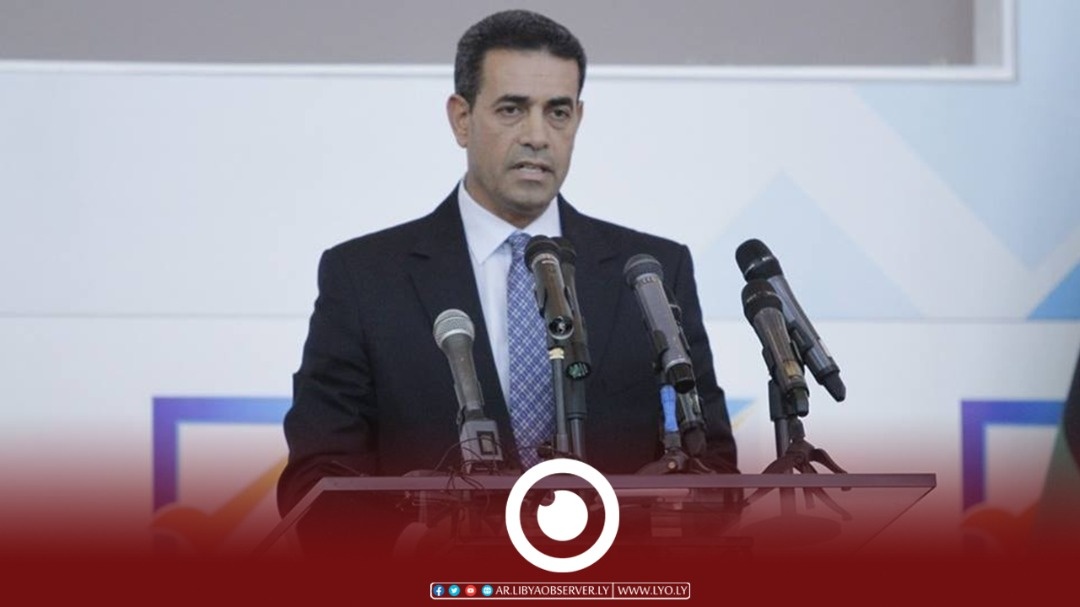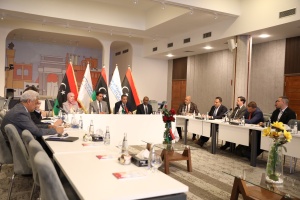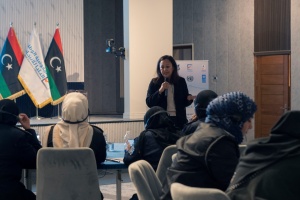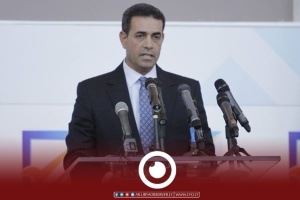The Chairman of the High National Elections Commission (HNEC), Emad Al-Sayeh, regretted the fact that the 6+6 Joint Committee did not send any official copy of its work outcomes to the HNEC, asking the committee to communicate with the HNEC to provide technical advice in order to avoid requesting amendments of any issued legislations.
Al-Sayeh said that the committee's reference to the Civil and Commercial Procedure Code and the Civil and Military Penal Code kept the doors open for appeals even after the electoral process, which could pose a threat to the legitimacy and stability of the elected authorities and lead to rejecting election results.
Al-Sayeh stressed that it was not possible to conduct the three operations in the second round simultaneously and on one polling day, as chaos could prevail in the polling stations and cause fraud and the counting and sorting stage could be prolonged.
"This increases the chance of security threats at the time of the initial results, in addition to the fact that the polling stations will not be able to accommodate the number of voters due to the long period spent on voting in 5 or 6 boxes in some constituencies. There are many proposals that can be adopted in order to achieve synchronization between the three electoral processes, especially as they are linked to the success of the presidential elections." He explained.
Regarding the observations on the law for electing the president, Al-Sayeh indicated that the HNEC would ask candidates if they held another citizenship and their candidacy would terminated if they were dual citizens.
Al-Sayeh pointed out that publishing the lists of candidates is a violation of the principle of confidentiality. It is possible to know the voter’s decision in advance by recommending a candidate, in addition to the need to reformulate Article 42, which stipulates in the current form that the rest of the candidacy conditions could not be challenged, with the exception of the citizenship condition. He also noted that canceling the result of any polling station is one of the authorizations of the HNEC, calling for the amendment of articles in Chapter 9.
Regarding the National Assembly law, Al-Sayeh indicated that there was an error in the distribution of seats among lists and individuals according to the seat distribution table, where the lists are 154 instead of 155, and the individuals are 143 instead of 142, pointing to the allocation of women’s seats in 17 and 18 constituencies in the table for distributing seats in the House of Representatives.
Al-Sayeh indicated that the content of Article 25 contradicted the confidentiality of the integrity of the electoral process, and that its application didn't follow the necessity of the voter’s consent to hand over their information.






